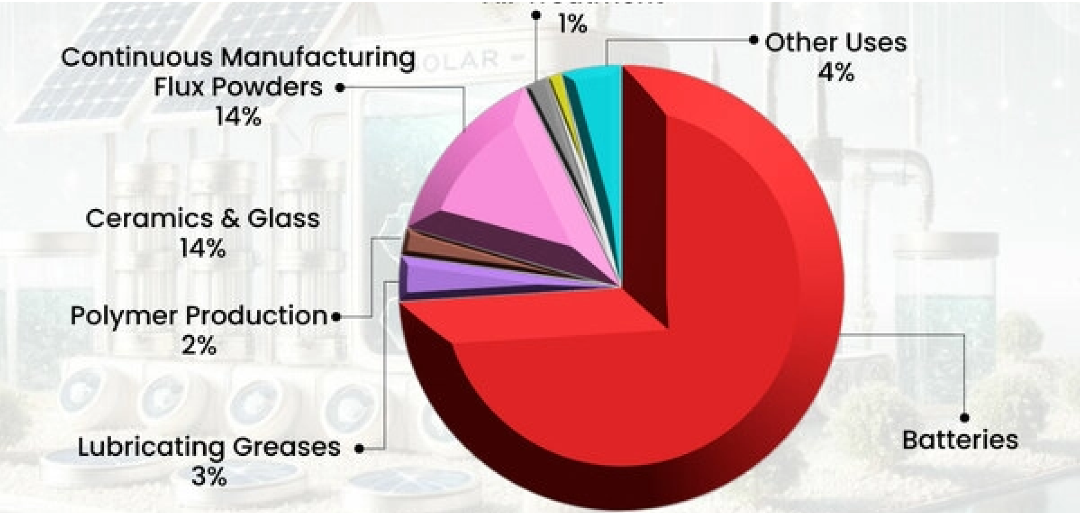Semiconductors Possess Threat To The Environment
In the changing era of clean energy, nations are taking many initiatives globally. The steps taken to support clean energy transition would result in positive results for climatic changes. Semiconductors are a part of the clean energy revolution by playing a pivotal role in the electronics' mechanism. Experts believe that semiconductors play a significant role in transforming clean energy by empowering renewables. Studies have proven that the semiconductors market will grow by 14 percent annually in 2024. Semiconductor's market is expected to experience a strong rebound in 2024.
Enabling renewables for green energy transformation would help enhance the microchips in electronics. However, semiconductor manufacturing has its demerits as it affects the environment. The manufacturing of semiconductors leads to the consumption of dangerous wastes, water, and energy. Therefore, semiconductor usage has pros and cons for the clean energy transition. The United States bans the import of microchips from Asian countries to become self-reliant. Hence, the United States will invest heavily in the production of microchips in 2024.
Semiconductors are significant components in electronics, such as smartphones, electronic wearables, and others. The automotive industry builds electric vehicles to support the clean energy transition to form a decarbonized economy. Therefore, semiconductors are equally necessary for electric cars. It proves that semiconductors can facilitate the clean energy transition process. However, numerous environmental factors that affect the production of semiconductors hamper net zero emissions. Therefore, the semiconductor industry is working on its environmental issues to develop its ability to renewables. Research is happening in the semiconductor industry to minimize water and energy usage.

